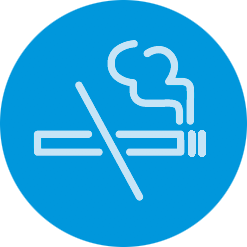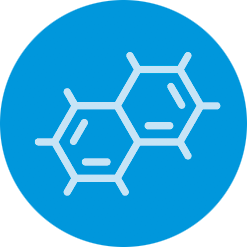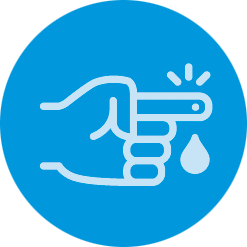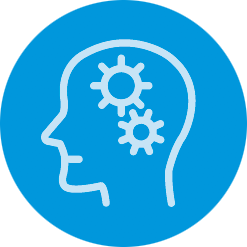Innovative work led by faculty, researchers, students, and alumni
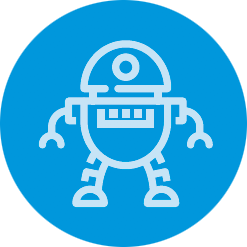 A happier “reality” for young hospital patients
A happier “reality” for young hospital patients
Jean Jung, MPH ’20, has helped launch DreamworldVR, a nonprofit that will enable hospitalized children to virtually visit one another. Young patients design their own “rooms” and “meet” other kids, represented by an avatar like a teddy bear or robot— potentially staving off loneliness and boosting their recovery and overall health.
Financial rewards to nudge smoking cessation
Shalen De Silva, MPH ’19, and Jacob Keteyian, MPH ’19, have developed an app to give smokers biofeedback, financial incentives, and behavioral nudges to quit. With sponsorship from employers and other payers, smokers receive meaningful rewards and personalized care for their quit attempt. Enrollees stay accountable by checking into the app daily and blowing into an attachable breathalyzer.
An upgrade to the School’s scientific toolbox
The Harvard Chan Advanced Multi-omics Platform, or ChAMP, is a new state-of-the-art mass spectrometry platform housed in the Department of Molecular Metabolism. ChAMP facilitates detailed analyses of small molecules, helping researchers determine the composition of biological systems such as cells.
Natural elements indoors boost brainpower
In experiments using virtual reality, eye tracking, and wearable biomonitoring sensors, Jie Yin, SM ’17, PhD ’19, a postdoctoral research fellow in the Department of Environmental Health, found that indoor biophilic design elements such as plants, water features, windows with natural views, and natural materials and shapes bring significant physiological and cognitive benefits.
Better decision tools at the bedside
Andrew Beam, assistant professor of epidemiology, employs machine learning to develop decision-making tools that doctors can use to better care for their patients—including an initiative focused on premature babies in the neonatal intensive care unit.
Point-of-care tests for nutrition and infection
Saurabh Mehta, SM ’04, SD ’09, developed NutriPhone and FeverPhone, testing platforms that enable rapid assessment of the body’s micronutrient status and certain infections with minimal to no infrastructure, sample volume, or training. Users place a drop of blood on a test strip and insert it into a reader. Results are sent to their phones or computers in about 10 minutes.
Machine learning improves health care efficiency
The Translational Data Science Center for a Learning Health System, led by Tianxi Cai, John Rock Professor of Population and Translational Data Sciences, convenes researchers from the Harvard Chan School, Harvard Medical School, and Veterans Health Administration to develop analytical and predictive tools that leverage biomedical data to improve health care research and delivery.




